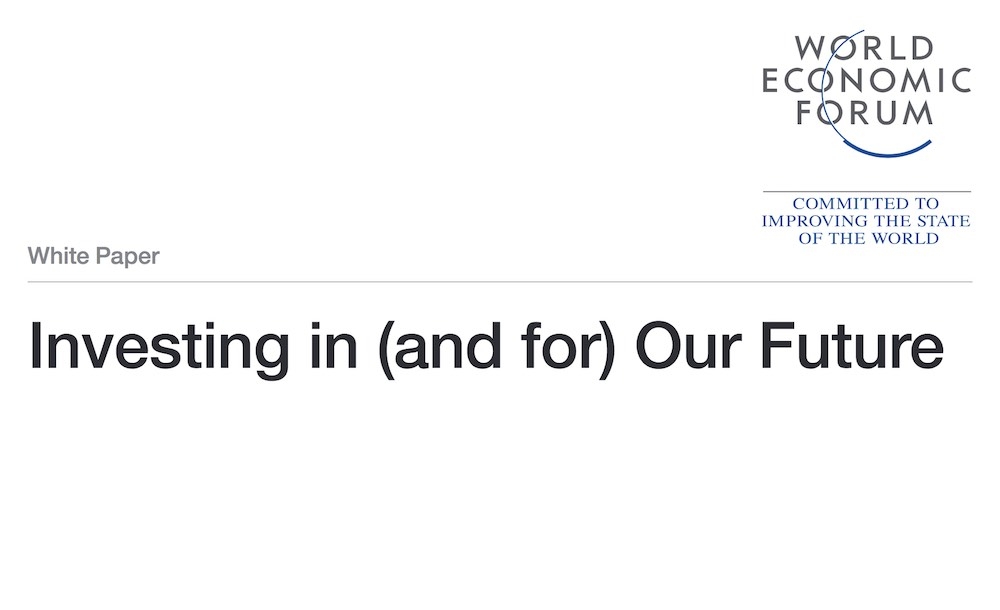Retirees worldwide will outlive their savings by a decade and women will fare even worse on average, according to a report from respected thinktank the World Economic Forum.
The WEF warns that because of “strained government and employee retirement plans” many pension savers are finding it difficult to save enough for retirement.
The WEF, a Geneva-based organisation which organises the annual Davos conference, says retirees in six major world economies could expect to outlive their savings by eight to nearly 20 years on average.
Women and Japanese retirees will outlive their savings for longest. Life expectancy in Japan is one of the longest in the world.
The forum has called on individuals and policy-makers to take steps to ensure individual retirement investments can provide returns retirees “won’t outlive.”
Experts at the forum say that savings have not accelerated fast enough to make up for the deterioration of traditional retirement plans.
The new report by the World Economic Forum, Investing In (and for) Our Future looked at six mature world economies: Australia, Canada, Japan, the Netherlands, the United Kingdom and the US.
It found that in these economies, most male retirees can expect to live past their savings by nearly a decade and women can expect to live even longer without their savings and typically more than 10 years.
The shortfalls vary with men in the United States expected to outlive their savings by about eight years while women in Japan will live nearly 20 years past their savings account.
The forum warns: “The average retiree in Australia, Canada, Japan, the Netherlands, the United Kingdom, or the US will not be able to last through retirement on savings alone.”
To help tackle the changes the WEF says government should encourage a long term savings ‘mindset’ and take appropriate risk to ensure savings grow.
It says many people are “…far too risk-averse in their retirement investing.”
Pension savings should also be better diversified to mitigate overall investment risk with exposure to most of the assets classes and not just equities.
“Sound financial advice,” is important, says the forum.
There is also a growing awareness globally of the value of robust decumulation strategies, says the forum.
The forum says: “For instance, today’s retirement spending projections are based on the rule that retirees will withdraw 4% of their portfolio each year they are retired. However, the World Economic Forum and Mercer suggest that this estimate does not match how retirees spend in the real world, with much higher spending in early retirement years and less as retirees age.
“This spending volatility highlights the need for new retirement solutions that both allow for flexible spending while also ensuring savings that last through retirement.
Rich Nuzum, president of Wealth at Mercer, said: “With populations around the world living longer than ever before, we need far more creative decumulation solutions for longevity protection.
“There are some alternative solutions emerging, such as pooled annuity funds, but older individuals are going to need a more diverse range of financial tools to help protect against longevity risk.”

